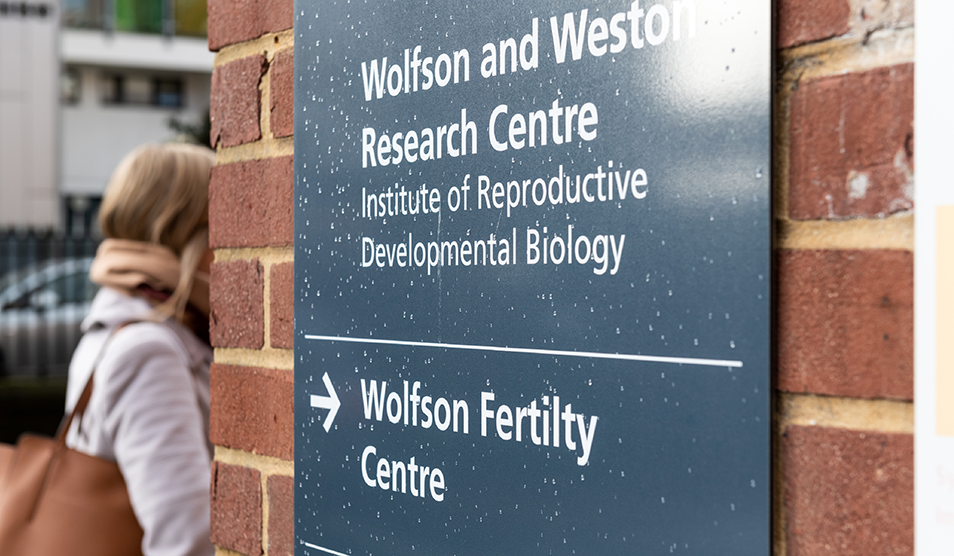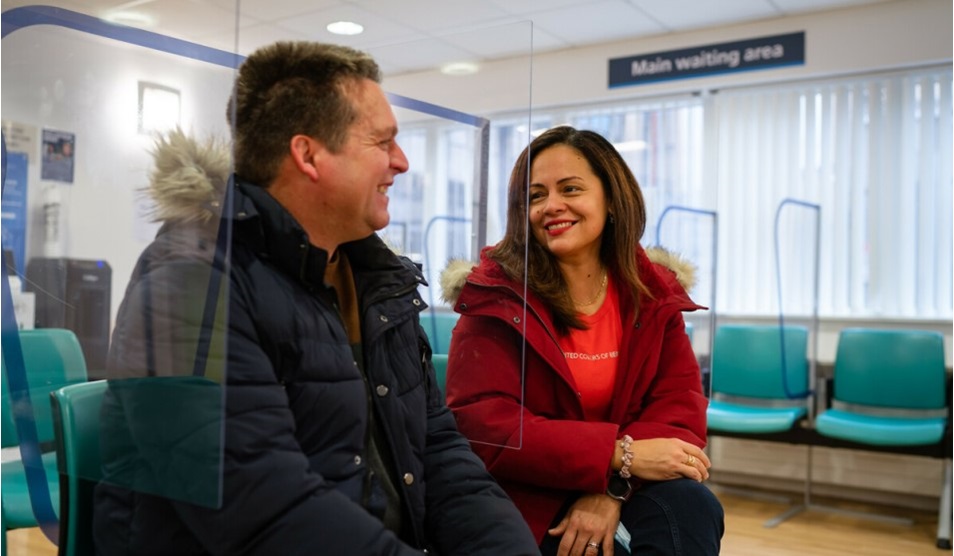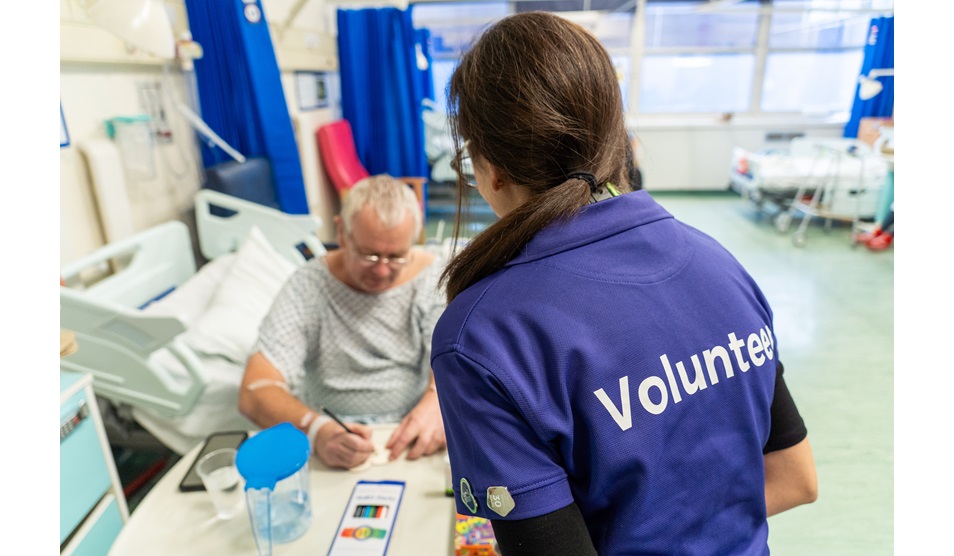A statement on our operational position and plans in response to increasing Covid-19 infections and other pressures
Professor Tim Orchard, Imperial College Healthcare NHS Trust chief executive, said:
“Like other hospitals in London, we have seen an increase in the number of patients with Covid-19 over the past two weeks. As of today, Thursday 30 December, we have 176 patients who have tested positive on their current admission (including patients admitted for unrelated issues who we then discover are positive on routine testing). For context, we were caring for 492 patients who had tested positive on their current admission on 20 January, our busiest day during the pandemic so far.
“As of today, a total of 6.3 per cent of our staff are absent due to Covid-19 or other reasons although, at the peak of the second wave of hospital admissions, total staff absences were at eight per cent and, in the first wave, up to 16 per cent. We are having to ask some staff to move temporarily to support areas that are especially challenged which, at the moment, is a sufficient response.
“This is all adding to our current, primary challenge which is general pressure on our urgent and emergency care pathways and the need to continue urgent planned care, such as for cancer diagnosis or treatment. Attendances to our A&E departments rose rapidly as we moved out of the last wave of Covid-19 infections - with 20 per cent more patients this September compared with the same period pre-pandemic - and we continue to be very busy. We are also playing our full role in national efforts to speed up the Covid-19 booster roll out, ramping up to over 1,500 vaccines per day which has meant postponing some non-urgent outpatient appointments and re-directing our outpatient staff and department to provide additional capacity.
“We do not yet know whether there will be a significant increase in Covid-19 patients relating to the new Omicron variant and so we are planning carefully for a range of possible scenarios as part of the wider NHS response. The concern is that, given the rapid spread of the variant, even if severe disease continues to be more limited, a small proportion of a large number could still have a big impact on the NHS, most likely beginning in early January. We had already decided to limit non-urgent planned surgery into January and we are currently working through how much more planned care we should postpone and for how long. In addition, we are asking staff in some areas to consider moving annual leave booked for after Christmas and into the new year or to work additional shifts – and we are making sure we have the right support and recognition in place in return. This is helping us to plan for a possible surge and staff redeployment programme but we are not there yet and I am hopeful that, by continuing to monitor the situation closely and continuing with greater collaboration, internally and externally, we will be able to limit any longer term impacts for staff and patients.
“We will keep our staff, patients, partners and stakeholders up to date on our position and plans over the coming days and weeks.”



